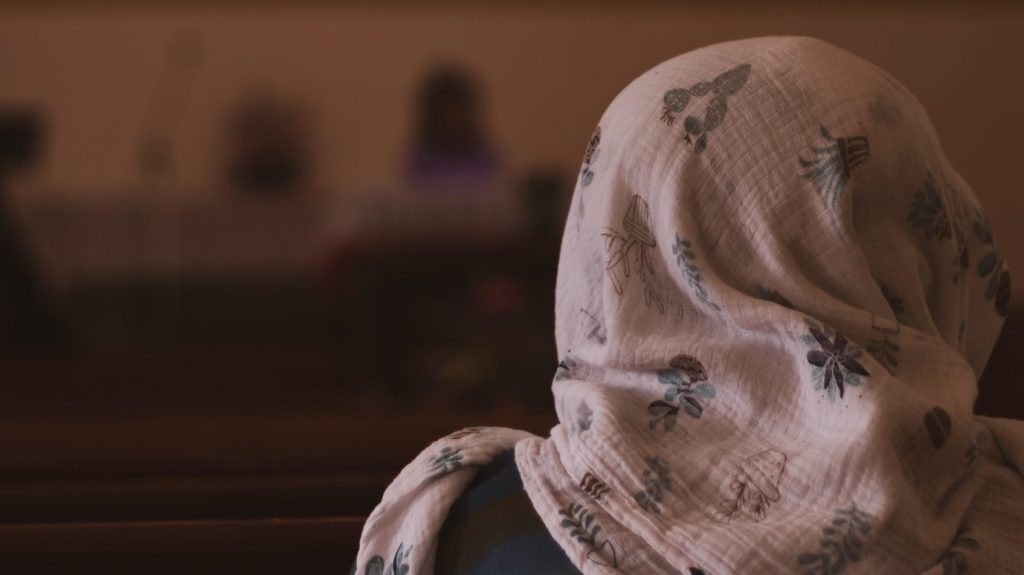2020 was a year marked by sickness, death, unrest, isolation, and economic difficulty — a year that has challenged the faith of many.
And so, one might ask: What good could come out of a year like this one?
So, for our final issue of 2020, Angelus invited a lineup of writers — some regular contributors, others guests — to reflect on how they've seen God's providence at work in their own lives during this difficult year. Their reflections will be published on AngelusNews.com from Dec. 21-24.
I almost talked myself out of wearing the veil I chose for my first confirmation and Communion this summer. Would my RCIA classmates think I was making an obnoxious statement about piety? Would it slip off?
The pandemic had prevented us from gathering indoors. We were under the blazing sun among roses, statues of beloved saints, and a trickling fountain in the piazza where we once gathered for coffee and conversation after Mass. The bells seemed to ring at just the right moment, signaling to us that it was all meant to be.
My soul was fed for the first time by the very body, blood, soul, and divinity of Christ. Despite my trembling, the veil never moved from my head. It shielded me from the sun, as it continues to protect me during Mass from all distractions in a world that is continually trying to lead me further away from his truth.
There are days that everything breaches the veil: news of relatives and friends gone forever and my mind at war with itself. God is present among the pots and pans, St. Teresa of Ávila tells us, but my domestic church is not the sanctuary I long for.
Our parish priest was just diagnosed with COVID-19. I never realized until that moment just how much I was relying on his leadership to get me through each week. “Be at peace. God will provide” is his call to our congregation every Sunday.
God provides through the volunteers at my church as they feed and clothe our most vulnerable brothers and sisters, never once shutting the doors to those in need. He is embracing me in the sweet friendship I have built with my neighbors as we trade notes of support and small tokens of appreciation.
He is there in conversations with my father, who was supposed to witness me receiving my sacraments, but instead lovingly listened to my nervous chatter on the phone moments before the ceremony that day in July. In my messy paint palette and the brain fog I battle while writing, I know him. I see his face in the frontline workers, parents, teachers, elderly, and strangers around me.
During my journey back to the Church, I’ve come to appreciate what theologian Father Reginald Garrigou-Lagrange, a former teacher of St. Pope John Paul II, says in his book, “The Love of God and the Cross of Jesus,” about being “docile to Him in darkness as well as in light, in dryness as well as in joy.”
He writes: “When we accept supernaturally the daily trials sent to us by Providence, we should also ask God not for crosses but for the love of the crosses which He Himself has laid upon us, that we may be purified and become instruments for the salvation of our neighbor.”
Surrendering to radical compassion amid our shared suffering has given me more hope than I ever expected. In my breathless pursuit of unshakable holiness, it has become easier to embrace these trials and rest in the grace and peace of “thy will be done.”
When the world falls down, I look to Christ with a burning heart as St. Maria Faustina described in her “Diary”: “In comparison with you, everything is nothing. Sufferings, adversities, humiliations, failures and suspicions that have come my way are splinters that keep alive the fire of my love for You, O Jesus.”
If you have a personal story or experience in which you have seen God’s provide at work in this difficult year, please email us at [email protected]. Submissions will be evaluated and published as part of an ongoing series on our website.

